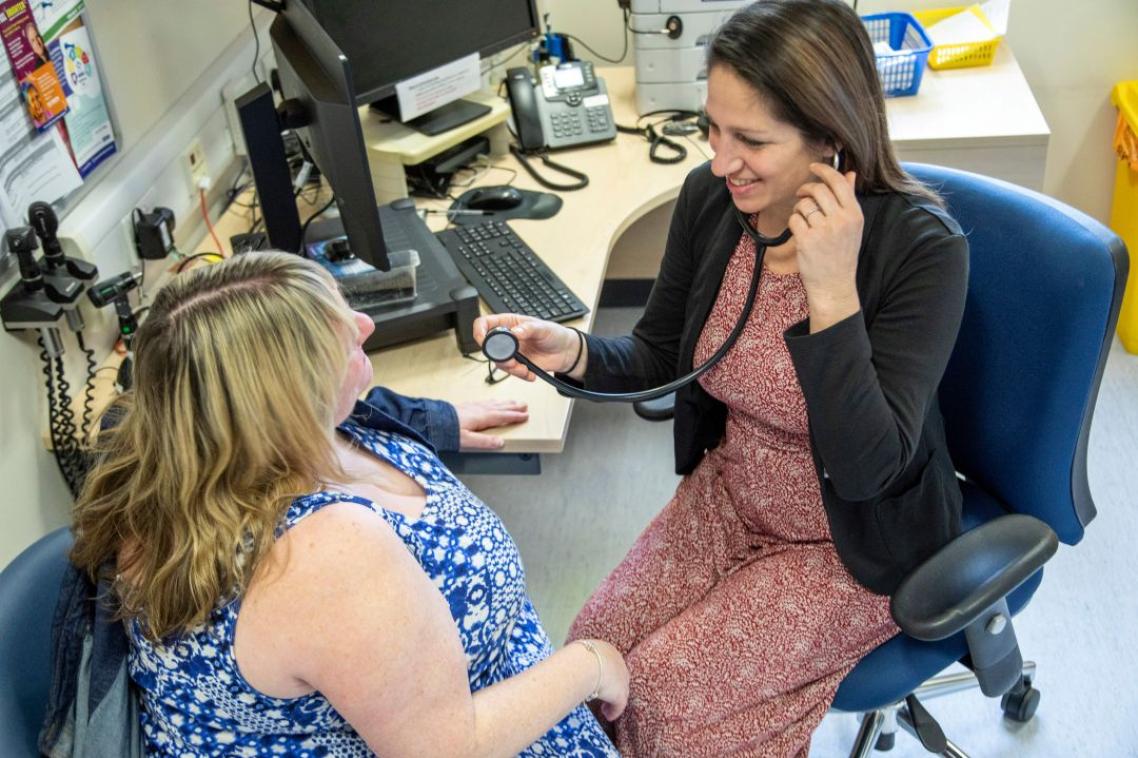Diagnosing prostate cancer could be as easy as peeing on a stick

University of Queensland researchers are working on a prostate cancer test that is as simple as a pregnancy test.
Dr Matthew Roberts, from UQ’s School of Medicine, said he was building on the work of UQ Centre for Clinical Research’s Professor Frank Gardiner in improving prostate cancer diagnosis.
“We’re trying to develop a test that will assist or replace the PSA test by looking for markers for the cancer in urine and semen,” Dr Roberts said.
Current tests for prostate cancer include a digital rectal examination of the prostate and the prostate-specific antigen (PSA) blood test.
Dr Roberts said the blood test could falsely predict the cancer and wasn’t accurate enough to detect small cancers.
“Like most cancers, the earlier you find it, the earlier you can treat it,” he said.
“Prostate cancer is the most commonly diagnosed internal cancer in men, affecting about 20,000 Australians every year.
“It’s also a cancer that, if not detected early, can have a serious impact on a man’s quality of life.
“If deposits get into their bones, the treatment is to suppress testosterone levels, which has side-effects, including heart problems, sexuality and psychologically.
“Our vision is to design a non-invasive test similar to a pregnancy test that could be used to select those men who are likely to benefit from further investigation in the form of MRI and biopsy procedures.”
Professor Gardiner said it was still taking too long to diagnose the cancer and quicker detection would lead to better targeted treatment.
“We anticipate that when we can pick it up earlier than it is being diagnosed at present then we use it for triaging patients to select those who would then go on to have MRIs and biopsies,” he said.
“We need to find the earliest changes in these cells using other methods and the logical place to start was by looking at bodily fluids because about 40 per cent of ejaculate comes from the prostate.”
Dr Roberts and Professor Gardiner said the research was ongoing and it could be several years before a test was available.
Dr Roberts’ research is funded through Cancer Council Queensland.
Topics
Related articles

Nature versus nurture question addressed in landmark study

A better way to assess cardiovascular health
Media contact
UQ Communications
communications@uq.edu.au
+61 429 056 139
